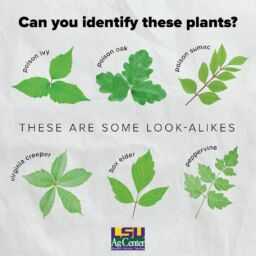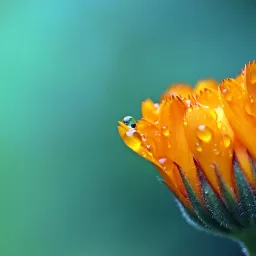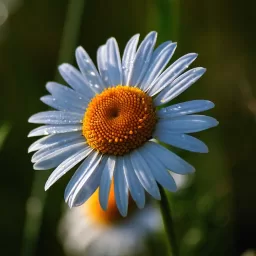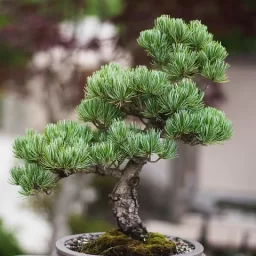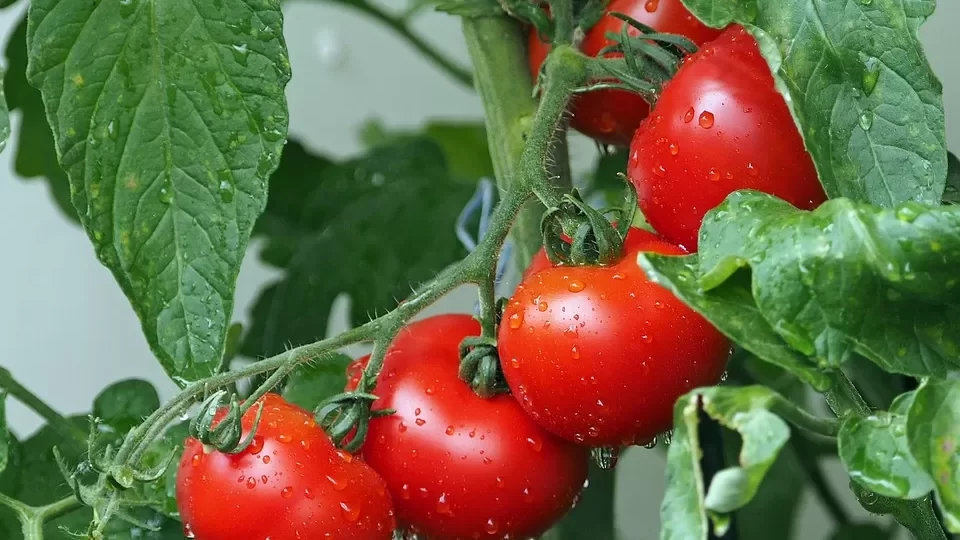
Relationship Analogies In Tomato Plant Gardening
Real relationships are like growing tomato plants. Now, I am not a gardener by trade or even by passion but I have watched my Mother garden for years and have never yet seen a plant do anything other than prosper under her care. In this article are just a few observations I have made and how I have seen several similarities in successfully developing relationships between people.
Tomato plants need water but providing the right amount and frequency of watering are critical. Pouring on too much water leaving the ground soaked will drown the plant and/or result in mold issues. Of course if the plant does not get enough water, the plant withers and the fruit looses its support (and its taste). If it has been dry for a long while and you slam it with too much water the tomatoes will swell up so fast that they will split their sides open. Nobody picks a split tomato off the grocery shelf. However, provide the plant with the right amount of water on a regular but intermittent basis, and the plant will be strong but will be wanting more. The plant’s desire for more water is the driving force for more growth when the next dose of water is given. The same things apply to relationships. Withholding emotional “water” will eventually kill the relationship. Emotionally drenching the relationship usually won’t work either as, to quote Daniel Goleman’s, Emotional Intelligence (1995), “… and everyone knows that nothing will turn a woman off faster than knowing that she is in complete control of the relationship.” Likewise, “soaking” the relationship too deep too fast increases the likelihood of the tides of each other’s emotions crashing against each other (or apart) because they have not learned to emotionally ebb and flow with each other.
Relationships are also like tomato plants in that weeds are invasive, pervasive, and grow faster than the tomato plants. Anyone who has gardened for five minutes knows how much work weeds are because they have spent four and a half of those minutes pulling those weeds. In relationships, “weeds” could be those issues that start creeping up early on and since they are small, they seem trivial and are easily ignored. Later, they grow a little more and maybe they are seen as “endearing” but not really problems yet. However, if there are a lot of them, even though they are small, they compete with the plant for nutrients and water, subtly stressing it. When the weeds become tall, making it hard to find the tomato plants and see what condition they are in, it is too late. Try to pull out the weed (deal with the issue) at that point and you will damage or pull up the tomato plant too. The relationship grew with the “weeds” in plain sight so they were okay then, but now you want to change the rules and say that they are not okay? … Nobody likes that.
A tomato plant left to its own will grow maybe two to three feet or so before it will collapse on its own weight and/or stop growing. Give it some strong structure next to it that it can climb and it will grow to five feet or more and produce much more fruit (plus the fruit will be higher so it is not in the dirt and cats can’t pee on it). The man has to provide that support, structure, and strength for her to feel safe to grow and reveal her fruit.
There is a gardening technique called double-digging. Basically, before you plant the tomato plants, you dig up the garden one foot down and turn the bottom soil to the top. Then you dig down again, this time to two feet and again turn the bottom soil to the top. Plants are normally limited in their growth by the hardpan layer of soil six inches below the surface. Give them some depth to put their roots down and it is normal to get twice the production and growth out of the plants above the surface. Our life scars and underdeveloped areas act as “hardpan” to those who try to grow into our lives. Digging down beyond that hardness inside ourselves, turning it over, and breaking it up before the friend/partner/etc is planted in our life gives them a lot more depth to be attracted to, explore, and grow into. The only “plants” that are interested in growing on the surface are moss, lichen, & mold.
Also, real gardens have bugs. All tomatoes, and especially the plant leaves, get bitten by bugs. The bugs will cause minor damage to the plant but usually it will scab over and heal just fine, only with a little scab or a hole in the leaf. If you are hanging out with a tomato plant and it does not have any bugs or scars, it is probably made of plastic (emotionally frozen, will never grow, learn, respond to your inputs, or give you new fruit).
I thought this analogy would break down when it came to the issue of fertilizer. “Throw a lot of smelly crap at the plant/relationship and watch it grow,” right? However, good gardeners know that plants and people are remarkably alike in this area as well. Dump a bunch of fresh manure on a garden and it will burn and kill the plants. Good fertilizer comes from taking that manure and composting it. This requires subjecting it to heat (usually internally generated) for long periods of time (sometimes years) and putting a lot of work into turning it over regularly. This process breaks down the toxic parts of the manure into forms that are beneficial for and easily consumed by the plants. People are the same in that retaliation for hurt feelings in the heat of the moment is usually polarizing and unproductive, but if that “manure” can be turned and composted a little more, it can be converted into the form of “when you did this, it made me feel that“, allowing the other person to internalize the criticism in a form that is digestible and gives them concrete reference points for the process of changing their behavior and growing into a better partner.
tomato plant
#Relationship #Analogies #Tomato #Plant #Gardening
Will be pleased to have you visit my pages on social networking .
Facebook page here.
Twitter account is here.
Linkedin account here
Post byBedewy for info askme VISIT GAHZLY

